Trump considering executive order to Reverse TikTok Ban
In a surprising turn of events, former U.S. President Donald Trump is reportedly considering issuing an executive order to reverse the ban on TikTok that was initially imposed during his administration. This potential move has captured the attention of both supporters and critics of the popular social media app, as well as the broader tech industry. TikTok, owned by the Chinese company ByteDance, has been at the center of political debates and security concerns in the United States for years.
The proposed executive order to reverse the ban could have significant implications for the relationship between the U.S. and China, as well as for the social media landscape globally. This article delves into the details of Trump’s potential decision, the factors driving it, and the possible consequences for TikTok and other global tech giants.
The Background of the TikTok Ban
In 2020, the Trump administration took aggressive action to block TikTok in the United States, citing national security concerns. The primary issue was the fear that the app could be used by the Chinese government to collect personal data from American users. In response to these concerns, the administration demanded that ByteDance divest its ownership of TikTok in the U.S. or face a complete ban. While this action was highly controversial, it reflected the growing tensions between the U.S. and China over trade, technology, and cybersecurity.
Despite several attempts to resolve the situation, including talks of a possible sale of TikTok’s U.S. operations to American companies like Oracle and Walmart, the issue was never fully resolved before Trump left office. The app remains operational in the U.S. but continues to face regulatory scrutiny. With the Biden administration now in power, the future of TikTok has remained uncertain, though there has been a general shift toward a more cautious approach to Chinese-owned apps and technology.
Trump’s Potential Executive Order
Now, reports suggest that former President Trump is considering using his authority to issue an executive order to reverse the ban on TikTok. This development has been fueled by a growing push from supporters of the app, including its millions of American users and businesses that rely on TikTok for marketing and engagement. TikTok has become an integral part of American social media culture, with millions of users across all age groups. The app’s success has created jobs for content creators, influencers, and businesses, many of whom are calling for the ban to be lifted.
At the same time, the decision to reverse the ban could also be seen as an attempt by Trump to reclaim his political influence in the wake of his presidency. Some speculate that Trump’s motivations could be both ideological and practical, as he continues to shape the political landscape in the U.S. His public support for TikTok may also be a response to the changing nature of U.S.-China relations, which are now less confrontational than they were during his administration.
The Political and Geopolitical Implications
Reversing the TikTok ban could have significant political and geopolitical ramifications. On the domestic front, it could spark debates over national security, privacy, and the role of government in regulating tech companies. Some lawmakers may view the reversal as a potential compromise on U.S. national security, while others may see it as a victory for free speech and the interests of American consumers and businesses. The reversal could also influence other regulatory decisions involving Chinese companies operating in the U.S., such as Huawei and WeChat.
On the global stage, reversing the TikTok ban could be interpreted as a shift in U.S. foreign policy toward China. Under Trump’s administration, tensions with China were at an all-time high, with the two nations engaged in a trade war and a battle over technological supremacy. By undoing the ban, Trump could signal a more cooperative stance with China, which could alter the dynamics of the ongoing technological rivalry between the U.S. and China. This shift could have ripple effects in global tech markets, potentially influencing how other nations approach the regulation of foreign-owned tech companies.
The Impact on TikTok and Its Users
For TikTok, the potential reversal of the ban would be a major victory, allowing the app to continue its rapid growth in the U.S. market without the looming threat of being banned. TikTok has already faced challenges in other markets, including India, where it was banned in 2020 due to similar national security concerns. The lifting of the ban in the U.S. would reaffirm TikTok’s position as one of the dominant social media platforms globally.
For users, the reversal would mean that millions of Americans can continue to access the app without fear of it being banned or restricted. TikTok has become a major platform for entertainment, education, and social interaction, with users creating everything from viral dance challenges to informative political commentary. For businesses and influencers, the app provides a vital platform for marketing and engagement, helping small businesses reach new audiences and influencers build their brands.
However, the potential reversal of the ban is not without its challenges. TikTok will still need to address ongoing concerns about user privacy and data security. Even if the ban is lifted, scrutiny over TikTok’s data practices will likely persist. This could lead to new regulations or requirements for the app to operate in the U.S. In addition, the company may face increased pressure from lawmakers to ensure that it is not a vehicle for Chinese government influence, even if the ban is reversed.
The Future of TikTok in the U.S.
As discussions continue regarding the possible executive order, the future of TikTok in the U.S. remains uncertain. While Trump’s proposed reversal could be seen as a move toward protecting American consumers and businesses, it is not guaranteed to pass without opposition. Critics of the app may continue to raise concerns about its ties to China and the potential risks to U.S. national security. Furthermore, the Biden administration has taken a more measured approach to regulating foreign-owned apps, focusing on comprehensive data privacy policies and cybersecurity rather than blanket bans.
Ultimately, the fate of TikTok in the U.S. will depend on a range of factors, including political negotiations, public opinion, and the broader geopolitical context. Whether or not Trump ultimately issues the executive order, TikTok’s journey in the U.S. is far from over, and the debate over its future will likely continue for years to come.
In Conclusion
Trump’s consideration of an executive order to reverse the TikTok ban is a development that could reshape the future of the app in the U.S. and have wide-reaching implications for the global tech industry. While the reversal may benefit TikTok users, businesses, and creators, it also raises important questions about data privacy, national security, and U.S.-China relations. As the situation continues to unfold, it will be crucial to monitor how both U.S. lawmakers and international regulators respond to the changing landscape of global technology and digital platforms.
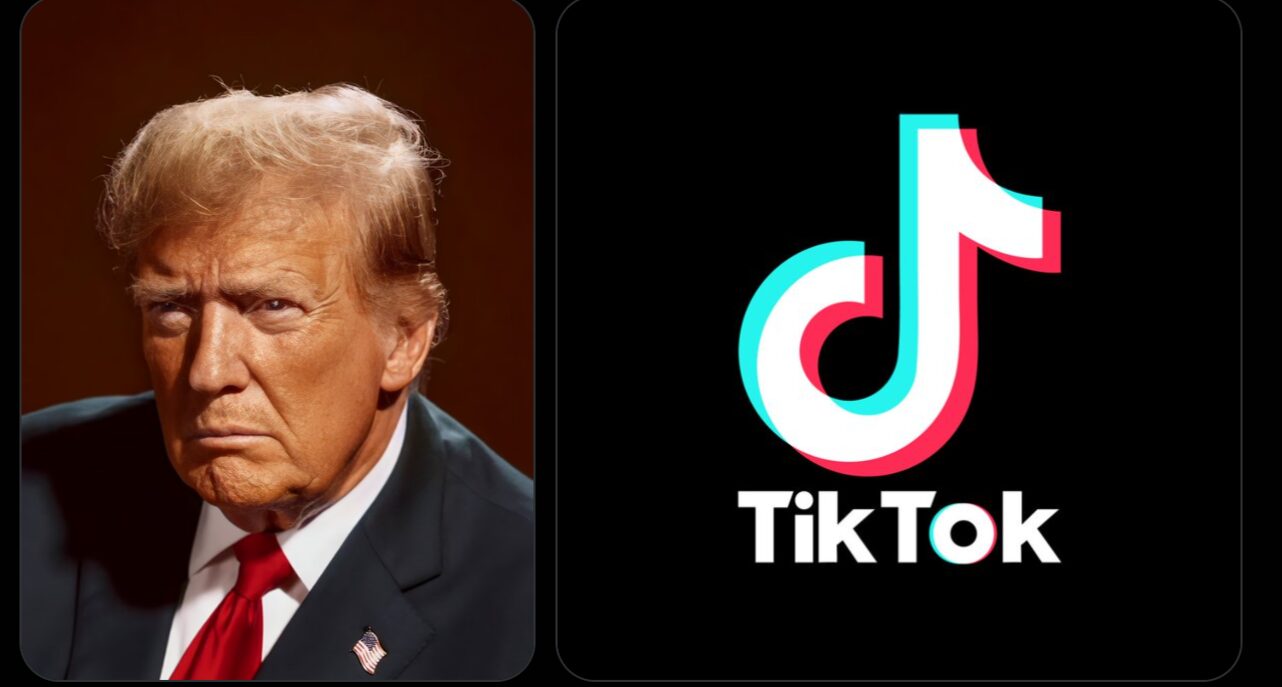
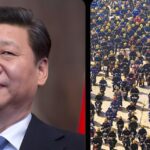
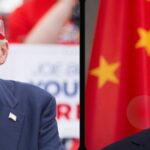
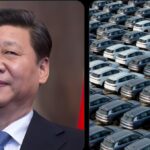
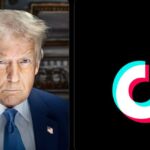
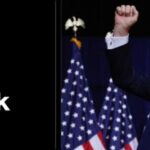
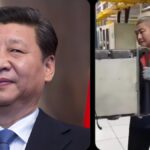

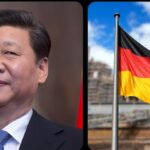








Post Comment